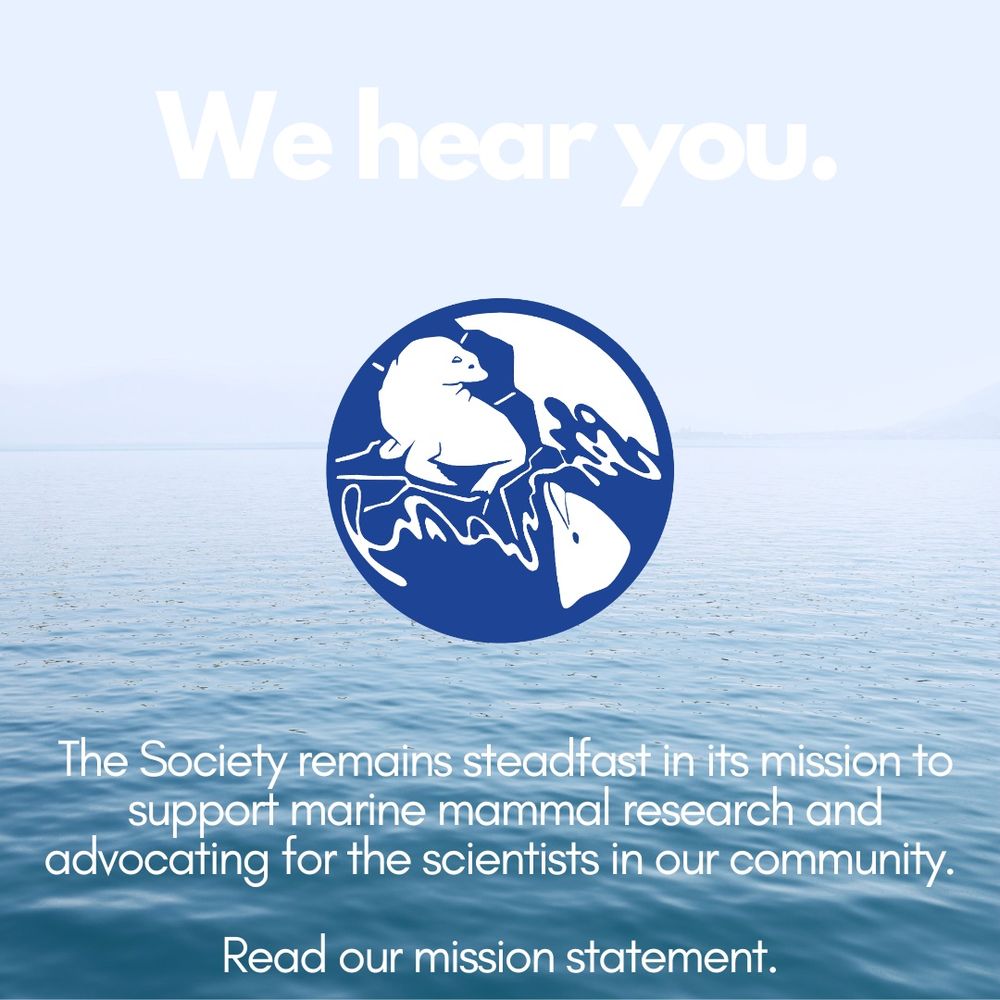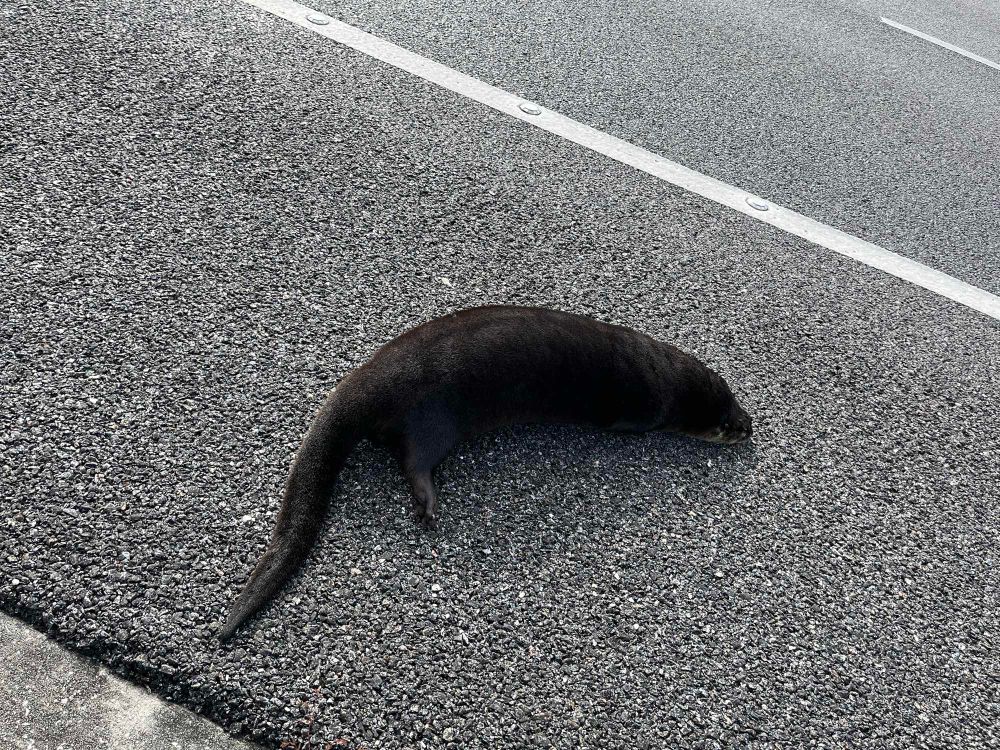
Marine community and behavioral ecology, conservation science and marine mammals. Associate Professor at Florida International University, Miami.
&
President, Society for Marine Mammalogy 🐬🐳 🦭 🦦

Reposted by Jérémy J. Kiszka

October 19-23, 2026 marks the FIRST time our Biennial Conference lands in Latin America, and we're bringing the world's premier marine mammal science gathering to beautiful San Juan, Puerto Rico! 🇵🇷
#SMM2026 #PuertoRicoSMM2026 #OneOceanOneFuture



Reposted by Jérémy J. Kiszka


opening of applications for the Eric A. Ramos Small Grants-in-Aid for Research.
The award honors the Dr. Ramos legacy in fostering the
next generation of marine mammalogists.
#SMM #marinemammal #research #marinemammalscience
Reposted by Jérémy J. Kiszka

#SMM #marinemammalscience #missionstatement
Reposted by Jérémy J. Kiszka




Reposted by Jérémy J. Kiszka



A tribute to the life and legacy of our dear friend and colleague, Dr. Eric A. Ramos, who passed away last month. The article was published as an In Memoriam in the Latin American Journal of Aquatic Mammals. Here is the link to the open access article: lajamjournal.org/index.php/la...





Reposted by Jérémy J. Kiszka






